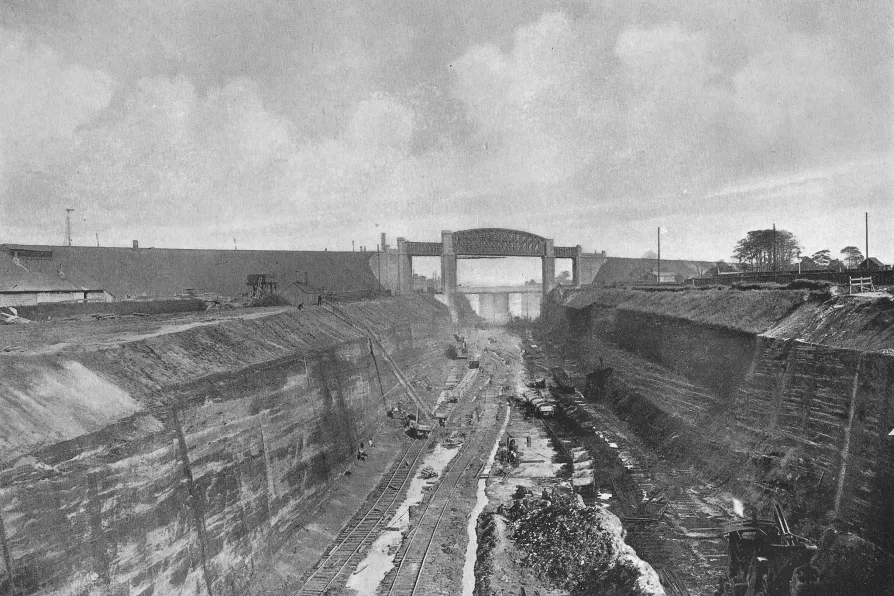Sporting calendar hit by regional instability with tournaments in the Gulf abandoned

 An image showing the construction of the Manchester Ship Canal
An image showing the construction of the Manchester Ship Canal
AT THE beginning of the week, Manchester United and Liverpool were preparing for Champions League matches against Atalanta and Atletico Madrid respectively.
But despite the importance of these games, attention was already turning to the meeting between the two sides at Old Trafford on Sunday.
It’s a game that is regularly viewed as one of the biggest rivalries in world football regardless of the current form or perceived stature of the two sides involved.

As football grapples with overloaded calendars and commercial pressure, the Mariners’ triumph reminds us why the game’s soul lives far from the spotlight, writes JAMES NALTON

The summer saw the co-founders of modern communism travelling from Ramsgate to Neuenahr to Scotland in search of good weather, good health and good newspapers in the reading rooms, writes KEITH FLETT












